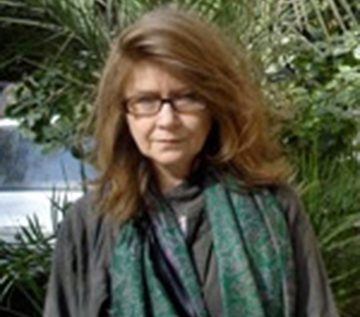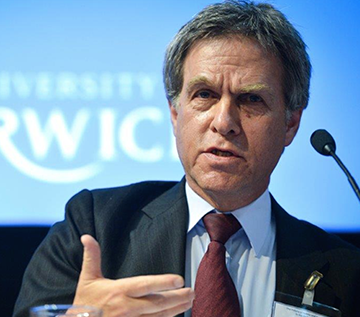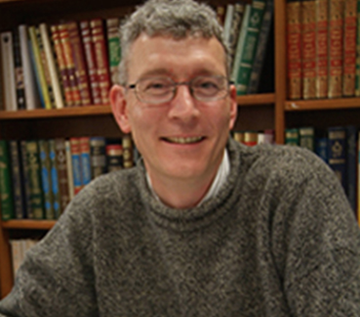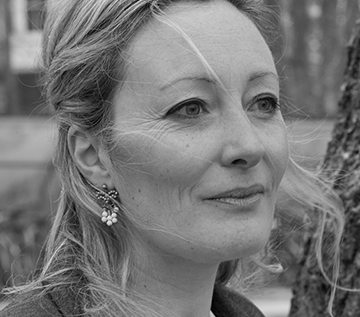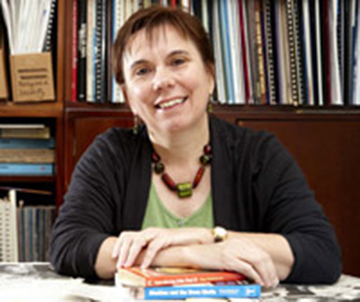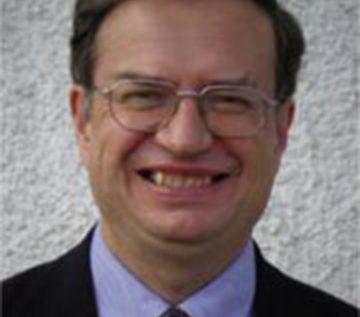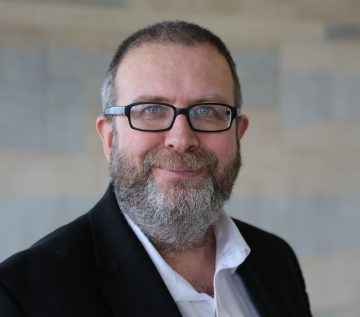Professor Caroline Rooney
University of Kent
Imagining the Common Ground: Utopian Thinking and the Overcoming of Resentment and Distrust
Nine leading academics were appointed as Global Uncertainties Leadership Fellows under PaCCS in 2013. They provided leadership for the Partnership undertaking high quality research and knowledge exchange projects across themes of radicalisation, religion and beliefs, trust, ethics, and national security.
At the time of her appointment as a Fellow, Caroline Rooney was a Professor of African and Middle Eastern Studies at the University of Kent. Her work at the time focused on the area of postcolonial studies and Arab cultural studies, including liberation struggles and their aftermaths in both sub-Saharan Africa and North Africa.
Professor Rooney’s research has engaged with postcolonial theory in relation to diverse philosophical and spiritual traditions, literary and political uses of language, and cross-cultural articulations of gender and sexuality. At the time of her fellowship she was particularly interested in Southern African writing, North African writing, and contemporary Arab writing.
Project Summary
From 2009-12, Caroline was a Global Uncertainties Leadership Fellow with a research project entitled Radical Distrust: A Cultural Analysis of the Emotional, Psychological and Linguistic Formations of Political and Religious Extremism. Subsequently, Caroline undertook a Global Uncertainties Leadership Fellowship entitled Imagining the Common Ground: Utopian Thinking and the Overcoming of Resentment and Distrust. The latter project explored the pitfalls and constructive possibilities of utopian thinking with reference to cultural notions of the common ground and civil society in contemporary African and Middle Eastern contexts.
The Imagining the Common Ground project, which ran from Nov 2012 to Feb 2016, addressed how the strategic aim of security for all in a changing world is dependent on the capacity to imagine a common ground and a common humanity, which is in turn dependent on the ability to overcome resentment and distrust, and on the ability to deploy a certain utopian form of thinking. It also explored the role of prospective and projective thinking in advancing social justice and social cohesion.
This research was carried out through a series of events together with practice-based research in the form of creative projects, fieldwork and the setting up of networks.
Related Information
Get in touch
